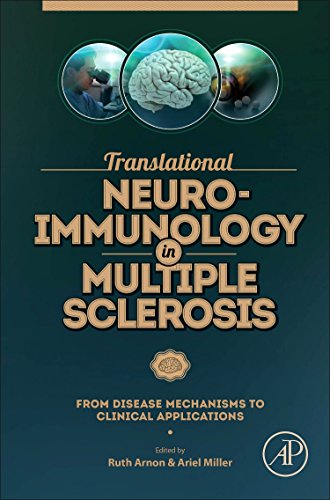

Most ebook files are in PDF format, so you can easily read them using various software such as Foxit Reader or directly on the Google Chrome browser.
Some ebook files are released by publishers in other formats such as .awz, .mobi, .epub, .fb2, etc. You may need to install specific software to read these formats on mobile/PC, such as Calibre.
Please read the tutorial at this link: https://ebookbell.com/faq
We offer FREE conversion to the popular formats you request; however, this may take some time. Therefore, right after payment, please email us, and we will try to provide the service as quickly as possible.
For some exceptional file formats or broken links (if any), please refrain from opening any disputes. Instead, email us first, and we will try to assist within a maximum of 6 hours.
EbookBell Team

4.7
106 reviewsMultiple sclerosis (MS) is the most common disabling neurological disease of young adults. More than 2.3 million people are affected by MS worldwide. Symptoms can vary widely, depending on the localization and amount of the damage induced by combined inflammatory, demyelinating, and neurodegenerative processes. Although a cure for MS does not currently exist, therapies can help treat MS attacks, attenuate disease activity, reduce progress of the disease, and manage symptoms.
Translational Neuroimmunology in Multiple Sclerosis provides an overview of recent findings and knowledge of the neuroimmunology of multiple sclerosis, from experimental models and the human disease to the translation of this research to immunotherapeutic strategies. Chapters describe genetic and environmental factors underlying the disease pathogenesis of MS as a basis for development of immunotherapies, immunological markers of disease activity, pharmacogenetics, and responses to therapy. Immunomodulatory therapies currently in practice and future therapeutic strategies on the horizon―such as neuroprotective strategies, stem cells, and repair promotion―are discussed. Contributed by renowned leaders in the field, this cross-disciplinary volume is a great resource for basic scientists and clinical practitioners in neuroscience, neurology, immunology, pharmacology, and in-drug development.